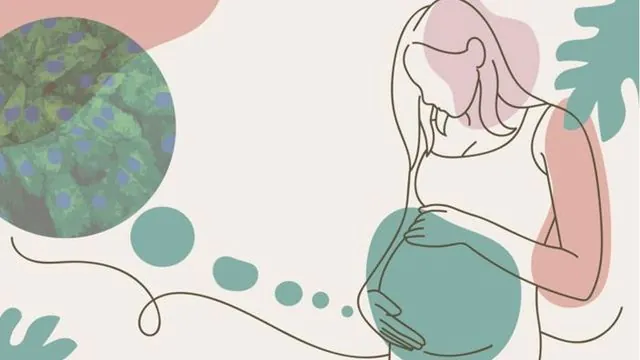
Groundbreaking Stem Cell Research Unlocks Secrets of Pregnancy Complications
2025-09-03
Author: Sarah
Revolutionary Advance in Pregnancy Research
In a remarkable breakthrough, Japanese researchers have successfully developed human placental stem cells from the smooth chorion of full-term pregnancies, marking a significant leap in our understanding of pregnancy complications.
Previously, scientists relied on placental cells from early pregnancies, which often do not accurately reflect the biological processes at play during late-stage complications. This innovative research, led by Professor Masatsugu Ema and Assistant Professor Masanaga Muto at Shiga University of Medical Science, holds promise for better detection and treatment of conditions like preeclampsia and preterm birth.
The Life-Sustaining Role of the Placenta
The placenta is critical in supporting a developing baby by transferring nutrients and oxygen while removing waste through the umbilical cord. Specialized placental cells, known as trophoblasts, play an essential role by remodeling maternal blood vessels. When these cells fail, it can lead to serious complications affecting thousands of families each year.
Tackling Research Challenges Head-On
Studying the human placenta during pregnancy is fraught with technical and ethical hurdles. Consequently, researchers have turned to laboratory models using stem cells derived from early pregnancy placental tissue. However, since most complications manifest later, there was an urgent need for more relevant models.
Ch-TS Cells: A New Hope
This new study overturns the long-held belief that trophoblast stem cells cease to exist in late pregnancy. By isolating cells from the smooth chorion of full-term placentas, the research team established Ch-TS cells that mimic the characteristics of early trophoblasts.
The Ch-TS cells possess the capacity to differentiate into vital cell types necessary for a healthy placenta, thus providing a fresh avenue for researchers to investigate the underlying mechanisms of pregnancy complications.”},{



 Brasil (PT)
Brasil (PT)
 Canada (EN)
Canada (EN)
 Chile (ES)
Chile (ES)
 Česko (CS)
Česko (CS)
 대한민국 (KO)
대한민국 (KO)
 España (ES)
España (ES)
 France (FR)
France (FR)
 Hong Kong (EN)
Hong Kong (EN)
 Italia (IT)
Italia (IT)
 日本 (JA)
日本 (JA)
 Magyarország (HU)
Magyarország (HU)
 Norge (NO)
Norge (NO)
 Polska (PL)
Polska (PL)
 Schweiz (DE)
Schweiz (DE)
 Singapore (EN)
Singapore (EN)
 Sverige (SV)
Sverige (SV)
 Suomi (FI)
Suomi (FI)
 Türkiye (TR)
Türkiye (TR)
 الإمارات العربية المتحدة (AR)
الإمارات العربية المتحدة (AR)